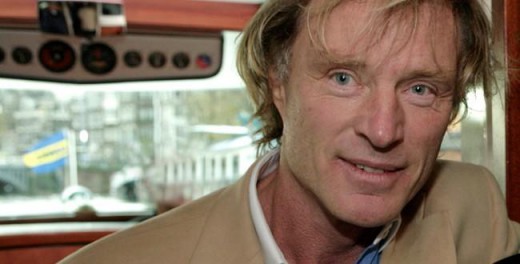
Since autonomy on 10-10-10, Curacao is facing its third election, sixth Prime Minister, and eighth Minister of Education. Political and administrative chaos prevails. To make it even more complicated, dissident members of parliament did not vacate their seats once they fell out with their party but continued as independents obscuring a clear political picture.
Whatever little confidence investors had in Curacao as a country, once the warranty of the Netherlands expired in 2010, confidence evaporated in the present landscape of revolving door governments and ministers. The power vacuum gave ample leeway to organized crime who immediately moved into key positions to protect and further their shady interests. The Courts failed miserably, reduced to skeletal operations due to budgetary restraints. The Public Prosecutor was even worse off, and remained limited to a few high profile cases, leaving most complaints and crimes unprocessed.
Will Curacao be able to pull itself up by its bootstraps and get out of the rut? Will there a strong leader who manages to harmonize interests and get all noses in the same direction? Are factions ready to join forces and build on long-term success?
What pleads against it? Most players come to the island with short-term objectives. They either come to enjoy tax shelters or to launder money. They have no interest in the island’s welfare and well-being, not short term and not long term. A large section of the local population is poorly educated, has bad work ethics and is often involved in criminal activities, mostly drug trafficking.
The local educated elite originates primarily from civil servant traditions, and have no business experience and no appetite for risk; they are extremely risk averse. The romantic political notion of socialism, of a Bolivarian economy, where the State owns all the primary industry, still prevails.
Most state-owned companies have become playgrounds for Unions, deposed politicians and their families. Monopolies, cartels and an extensive system of friends and family paralyze any free market development. The market is one of exclusive privilege, not of equal opportunity free market. The inevitable closure of the ISLA-oil refinery in the next five to ten years requires a new economy, which is not evident.
The newly developed tourist industry has only managed to pull in lowbudget mass market tourism with little or no margin for local operators. Barred by laws and regulations from bringing in well-trained and service oriented staff, key players, like Hyatt Hotel Group and Breezes, were forced off the island, leaving in their wake a rapidly deteriorating ripple effect.
What could tip the balance? Mass migration not necessarily by choice may open up markets and immigration policy. Emigration already moved tens of thousands low-opportunity Islanders to the Netherlands; a new wave could materialize soon. Immigration from Latin America, mostly from Venezuela and Colombia, is an entrepreneurial opportunity, but presently barred with rigidly enforced immigration laws. Deregulation and modernization of the labor markets as suggested by the World Bank could improve local operations and flexibilities. It would require the Unions to go along or give up their present power position.
Most likely, also this time, decisions will be made in back rooms, far away from openness and transparency. Curacao will probably remain an exclusive market of privilege for a selected happy few.
By Jacob Gelt Dekker
Opinion columnist for Curaçao Chronicle
Bron: CuracaoChronicle


Men is op Curacao bang voor buitenlandse werknemers omdat die wel werken, op tijd komen, zich niet na ieder optreden van Era ziek melden of bij de minste tegenspraak naar de vakbond rennen.
Ik ken een werkgever die zegt dat hij voor het werk van 1 Latino 2 Curacaoenaars nodig heeft.